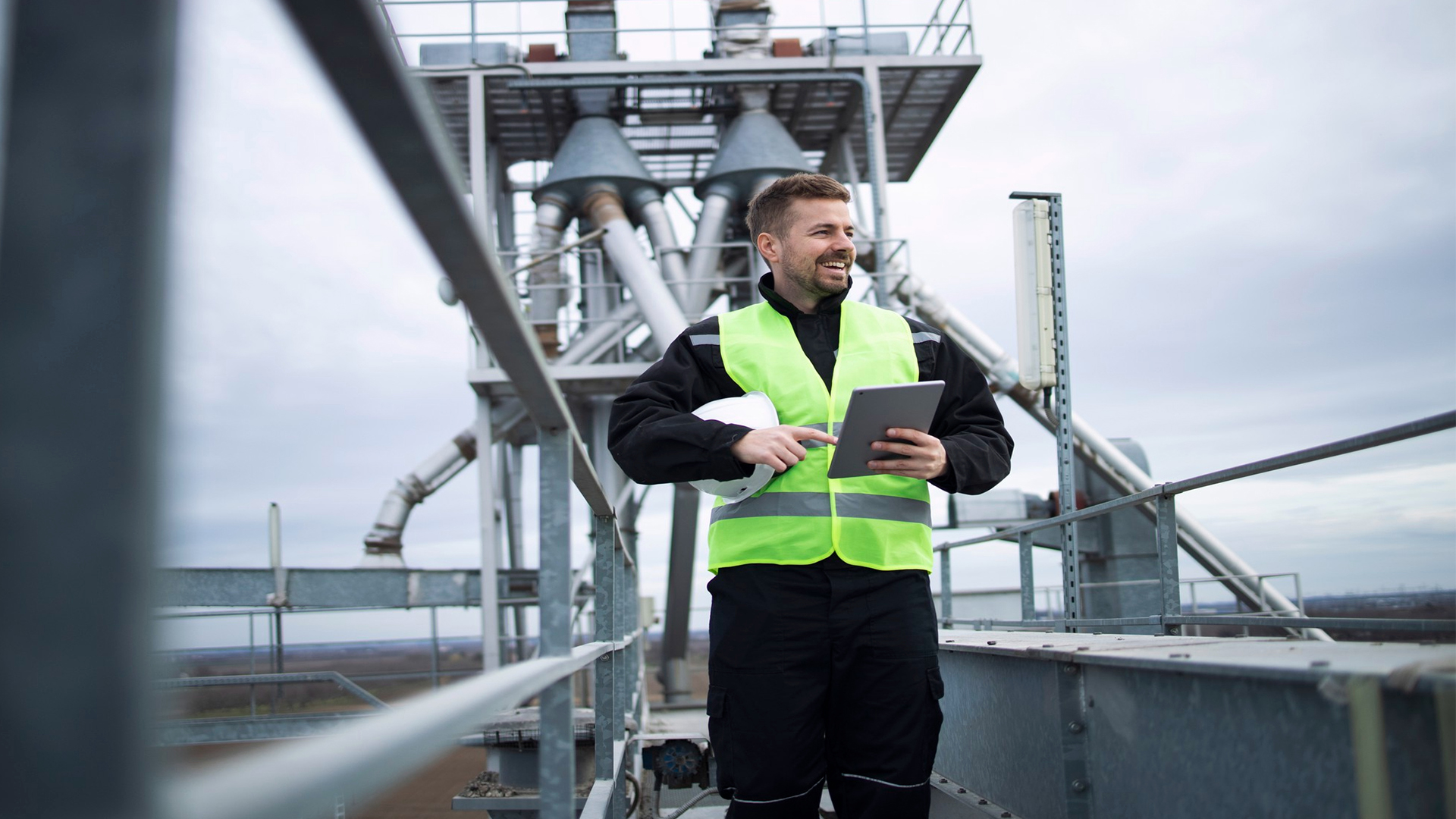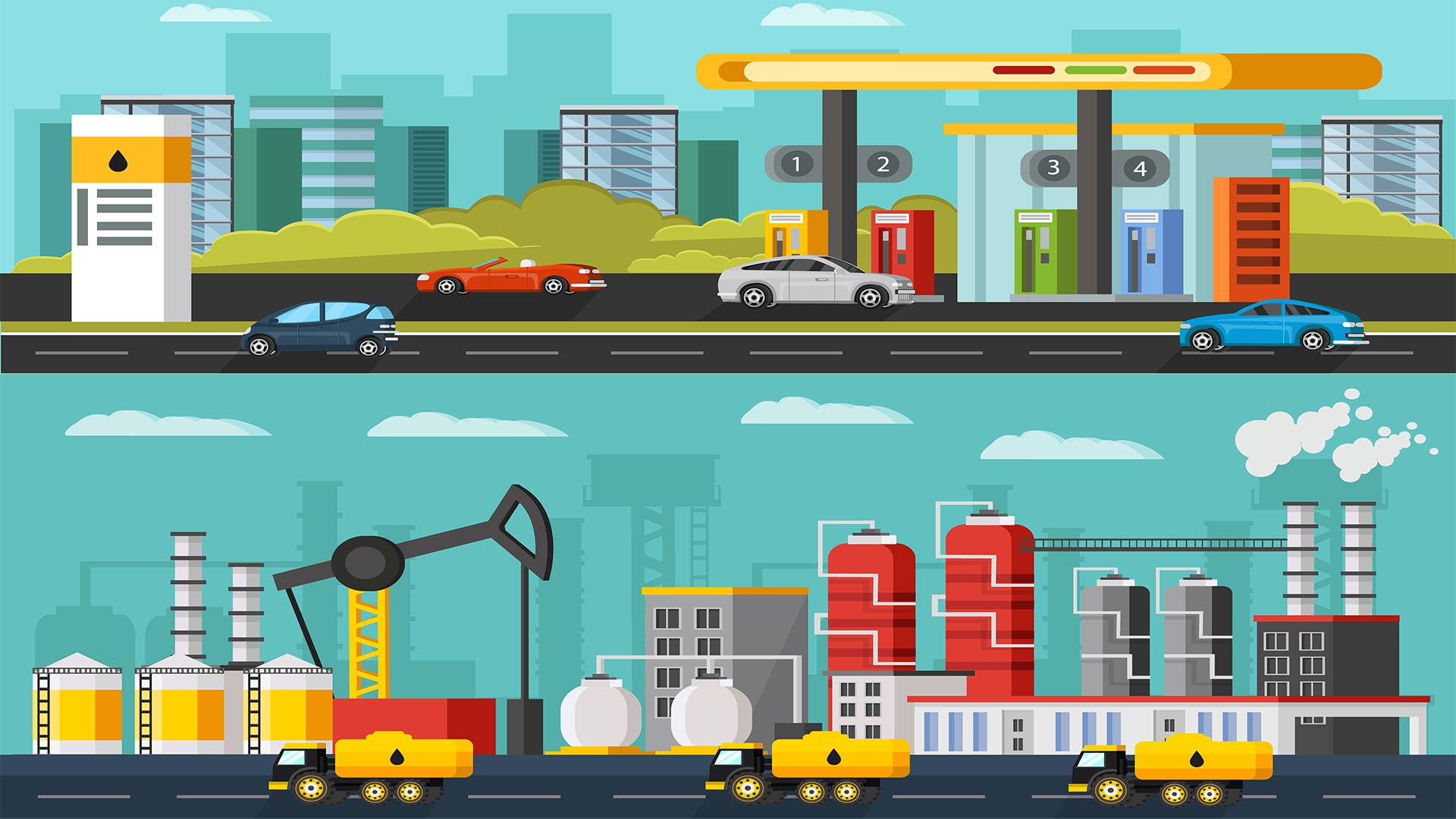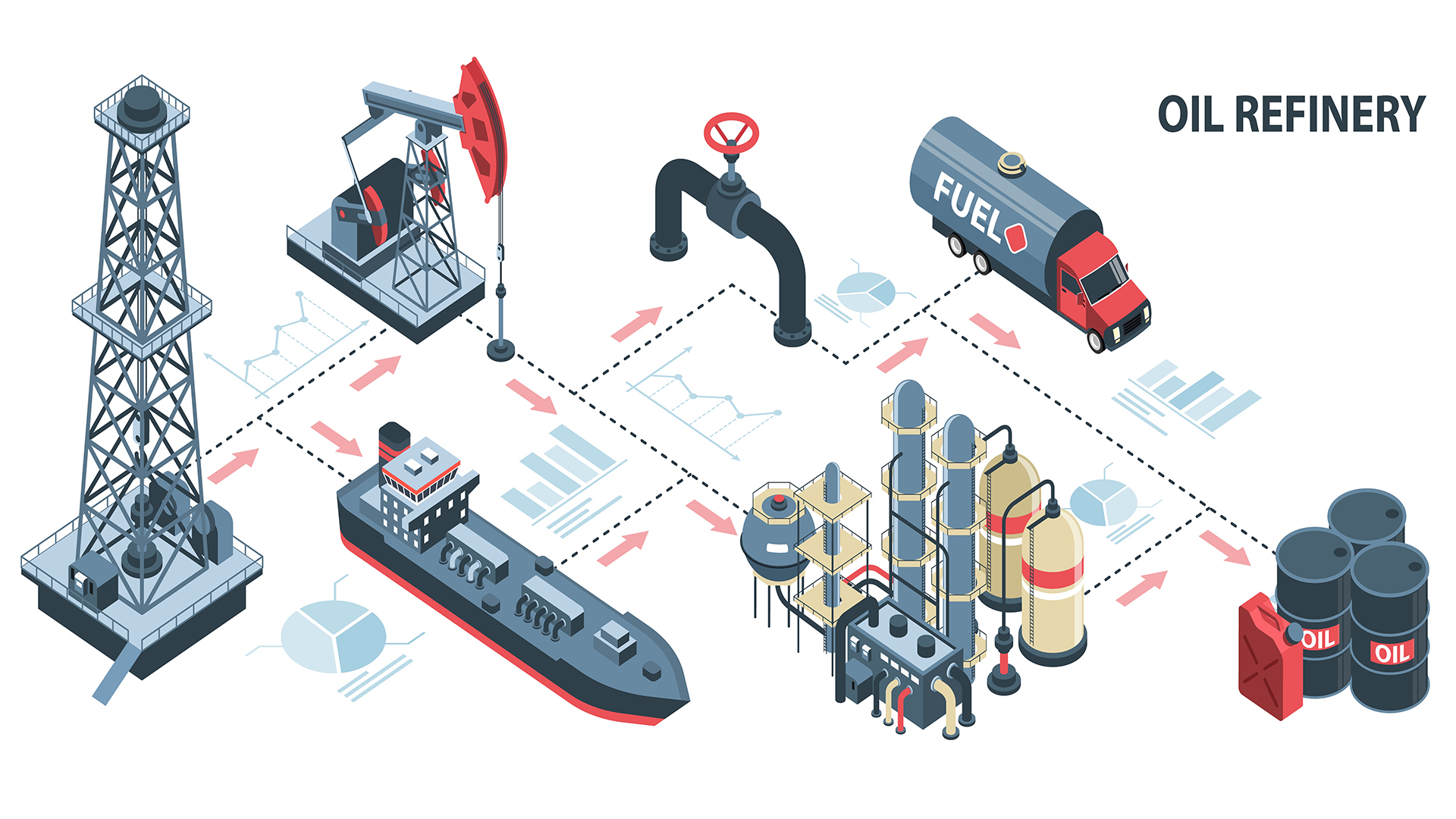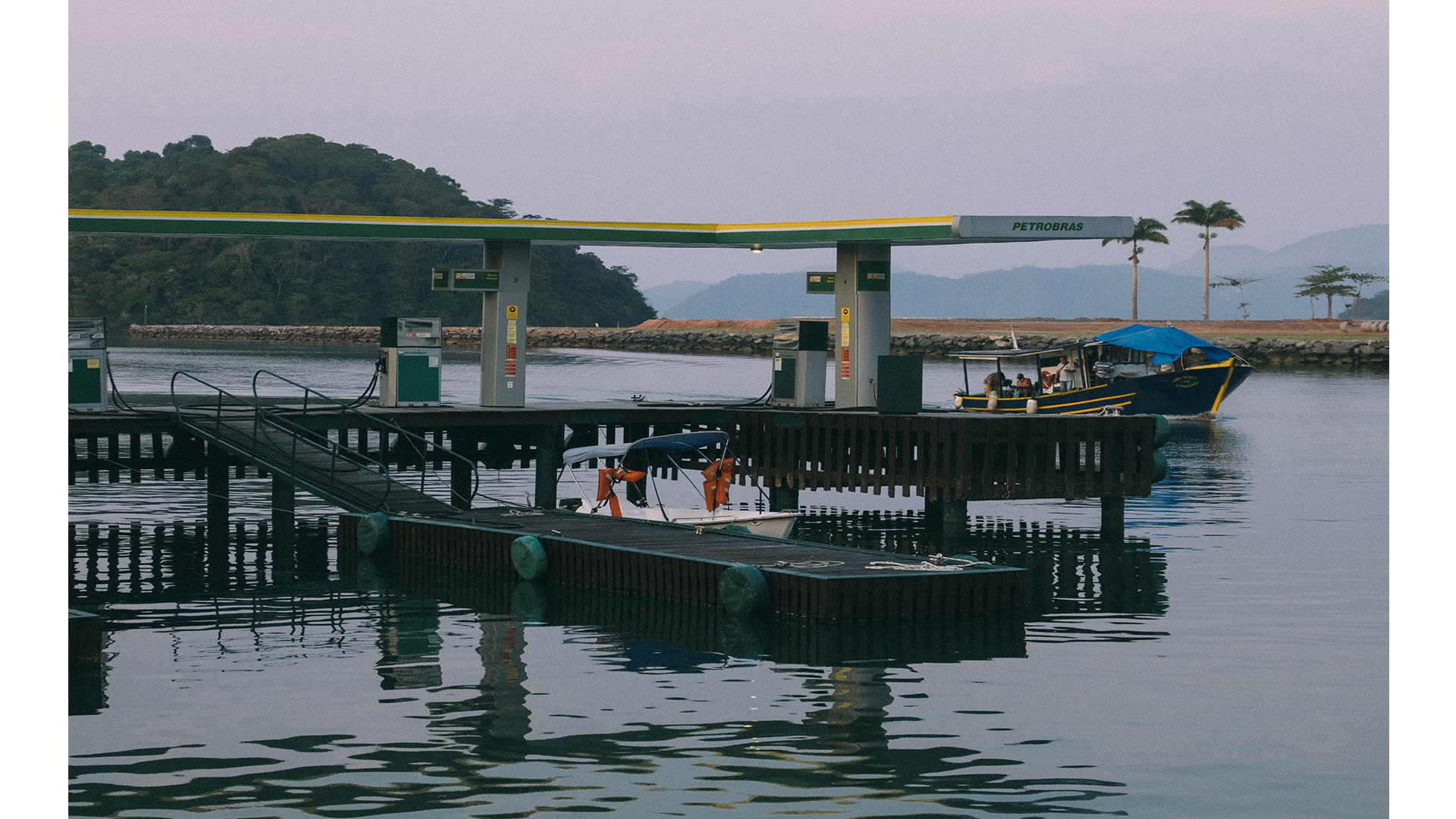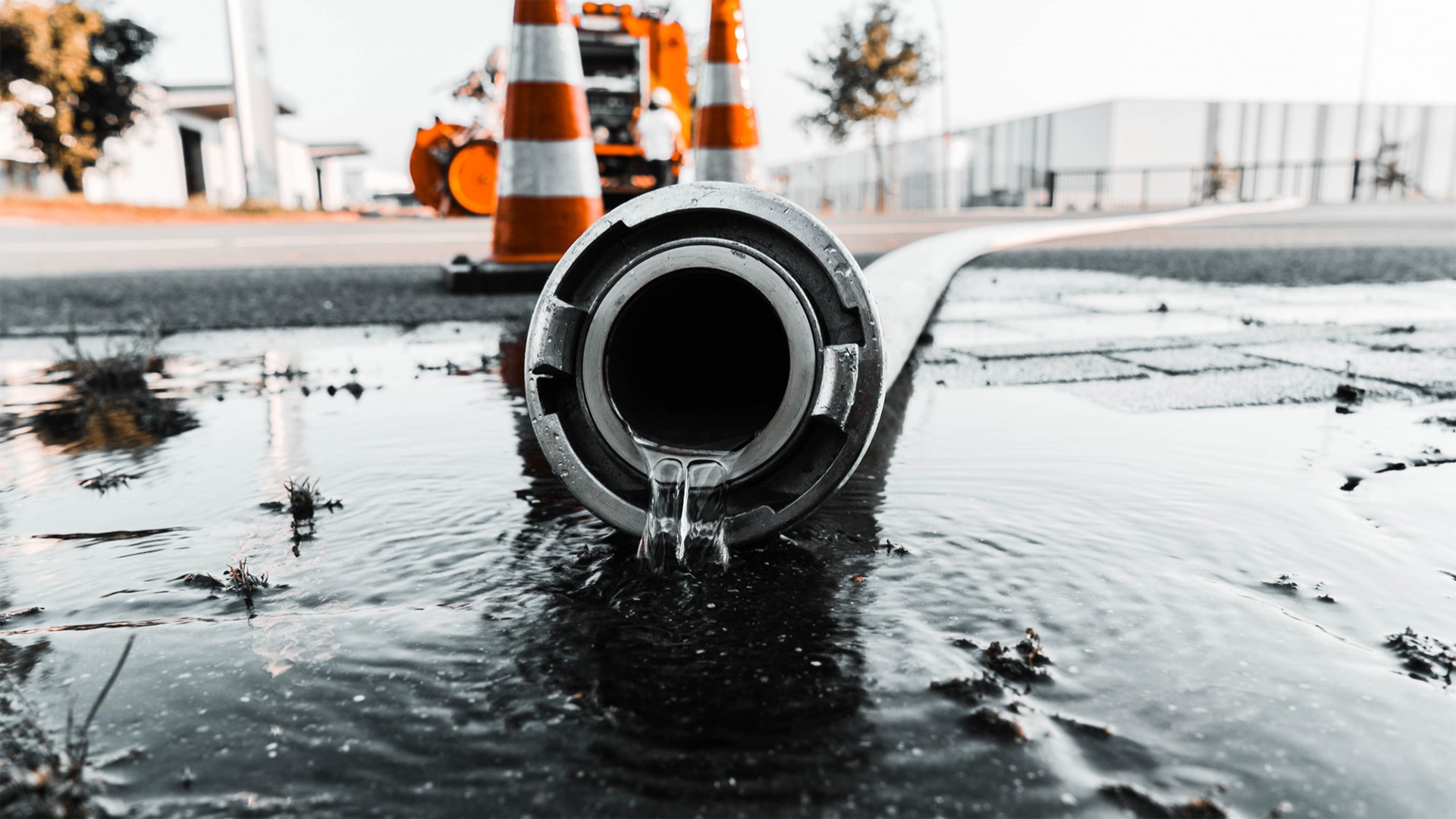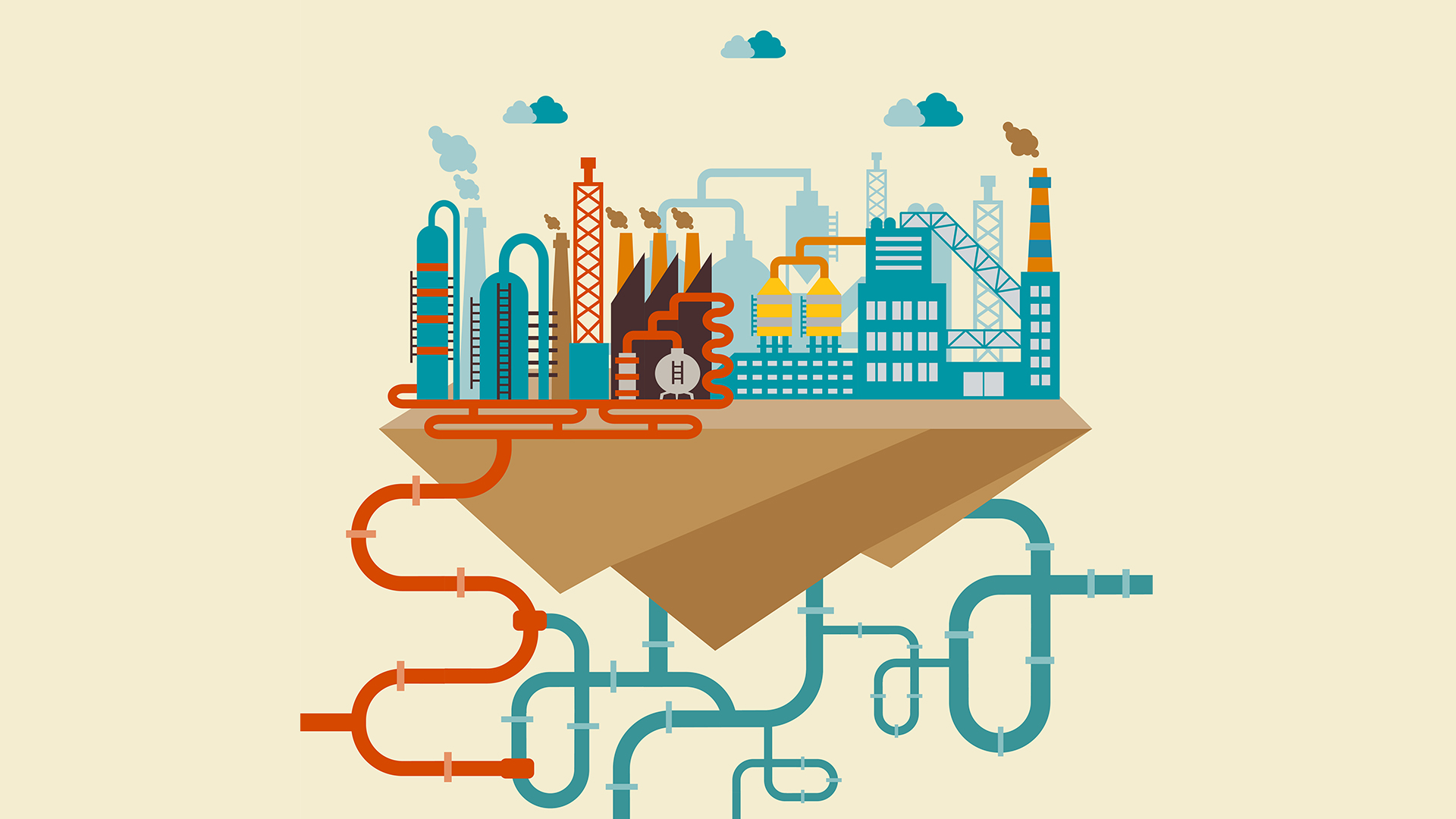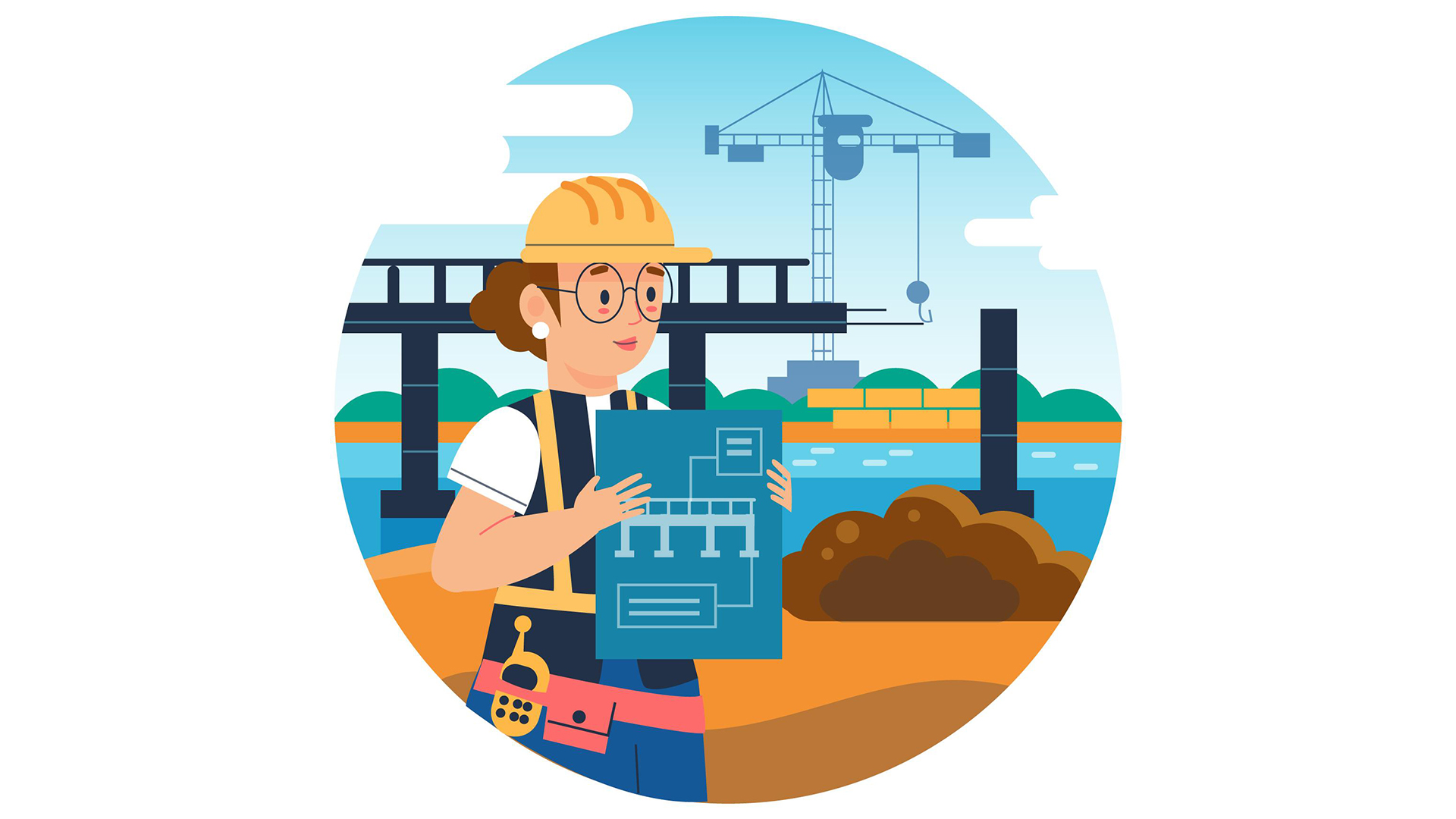
Reservoir Management & Engineering: The Next Level
Course overview
The advanced field of reservoir characterization, the relationship between the rock, the fluid it contains, and its interactions—from the downhole reaction to the actual formation evaluation methodologies and procedures—will be introduced to you in this Training Bee course.
Participants will investigate the engineering tools used on various lithology’s, which will help you comprehend the uses and restrictions of each technique. You will learn the fundamentals of reservoir theory as well as sophisticated interpretation tools and practices for the accurate assessment of reservoir characteristics and hydrocarbon potential.
For those working in the oil business who deal with reservoir engineering studies, this Training Bee course will highlight the methods and guiding ideas of reservoir analysis. There will be a lot of examples and activities that cover difficult, sophisticated interpretation strategies as well as advanced interpretation approaches.
Introduction
Hello and welcome to Advanced Reservoir Evaluation, Management, and Engineering. This thorough curriculum is designed to advance your knowledge and abilities in reservoir engineering and management. It is meant for professionals who want to learn more about reservoir dynamics, improve their reservoir management skills, and contribute to efficient and sustainable hydrocarbon recovery.
The oil and gas industry revolves around reservoir evaluation and management. It is critical to be able to assess reservoir characteristics, optimize production strategies, and ensure responsible resource management. In this advanced course, we will explore the intricate aspects of reservoir engineering, integrating multidisciplinary knowledge to achieve the best possible results.
We are The Training Bee, a global training and education firm providing services in many countries. We are specialized in capacity building and talent development solutions for individuals and organizations, with our highly customized programs and training sessions.
Participants are expected to have a fundamental understanding of reservoir engineering and management concepts. This course expands on the fundamentals to deliver advanced insights and abilities.
We are excited to start this educational journey with you. Together, we will study the subtleties of reservoir appraisal, management, and engineering, and provide you with the experience needed to make a big influence in the sector. Let us begin the journey toward advanced reservoir excellence.
Learning Objectives
Upon completing Advanced Reservoir Evaluation, Management and Engineering, participants will be able to:
- Reserves, resources, and recovery
- Data analysis for rock properties
- Methods for determining rock type, saturation height, and flow units
- Analysis of test data
- Carbonates, naturally fractured reservoirs
- Analysis of the decline curve
- Oil reservoir performance
- Dry gas reservoir performance
- Reservoir performance of gas condensate
Our Unique Training Methodology
This interactive course comprises the following training methods:
- Journaling – This consists of setting a timer and letting your thoughts flow, unedited and unscripted recording events, ideas, and thoughts over a while, related to the topic.
- Social learning – Information and expertise exchanged amongst peers via computer-based technologies and interactive conversations including Blogging, instant messaging, and forums for debate in groups.
- Project-based learning
- Mind mapping and brainstorming – A session will be carried out between participants to uncover unique ideas, thoughts, and opinions having a quality discussion.
- Interactive sessions – The course will use informative lectures to introduce key concepts and theories related to the topic.
- Presentations – Participants will be presented with multimedia tools such as videos and graphics to enhance learning. These will be delivered engagingly and interactively.
Training Medium
This Advanced Reservoir Evaluation, Management and Engineering training is designed in a way that it can be delivered face-to-face and virtually.
Course Duration
This training is versatile in its delivery. The training can be delivered as a full-fledged 40-hour training program or a 15- hours crash course covering 5 hours of content each day over 3 days
Pre-course Assessment
Before you enroll in this course all we wanted to know is your exact mindset and your way of thinking.
For that, we have designed this questionnaire attached below.
- Give an oil and gas industry definition of a reservoir.
- How do the main phases interact within a reservoir? What are the main phases?
- The porosity, permeability, and saturation of the reservoir should be mentioned along with a brief explanation.
- Describe how these properties impact fluid flow within a reservoir.
- Give the names and characteristics of the various types of reservoirs (such as conventional and unconventional ones).
- Explain the significance of reservoir heterogeneity.
- What are reservoir fluids, and how do their properties (e.g., API gravity, gas-oil ratio) influence reservoir behavior?
Course Modules
This Advanced Reservoir Evaluation, Management and Engineering covers the following topics for understanding the essentials of the Agile Workplace:
Module 1 – Resources, Reserves, and Recovery Assessment
- Definitions and classification of petroleum reserves
- Techniques for Estimating Reserves and In-Place Hydrocarbons
- Data sources, calculations, typical errors, and the volumetric technique
- Methods using determinism versus probabilistic
- Analysis of uncertainty and sensitivity
- Software for Monte Carlo simulation of IHIP estimate
Module 2 – Analysis of Reservoir Petro physical Data
- Physical underpinnings of the most recent and contemporary logging equipment
- Evaluation of a formation’s quality and quantity using log
- RCAL, or routine core analysis
- SCAL, or special core analysis
- Techniques for upscaling and basic averaging for RCAL and SCAL data
- Layering tool (Software)
Module 3 – Modeling of Saturation Height, Flow Units, and Rock Type
- Reservoir zoning and rock typing
- Reservoir quality index (RQI) normalized
- Different techniques for flow unit identification
- Methods of Saturation Height (SHM)
- Workshop: (Real-world examples)
Module 4 – Receptacle fluid characteristics
- Relevance of reservoir fluid categorization PVT data
- Sample reservoir fluids
- Studies on reservoir fluid in laboratories
- PVT lab data correction for actual facility operating conditions
Module 5 – Characterization and modeling of reservoir fluid
- For EOS and PVT modeling introduction
- State equation models
- Definitions of equation of state parameters
- Regression characterization of fluids
- Regression process management and control
Module 6 – Analyzing Well Test Data: The Basics
- A description of well testing procedures and measurement methods
- Test types
- Characterizing a reservoir by interpreting well test results
- Using well-tested specifications, specifying well
- Practical interpretation of a well test: (Software)
- Workshop: Data from field wells
Module 7 – DCA, or Decline Curve Analysis
- The fundamental ideas
- Analyzing the Arps decline curve
- Harmonic, hyperbolic, and exponential decline
- Arcs-shaped curves
- Modalities of prediction
Module 8 – History matching using the Material Balance Equation (MBE)
- Application for MBE
- Drives for reservoirs
- Tool for MBE: software
- Methods for collecting input data and QC History matching
- Concepts for Model Validation and Simulation
Module 9 – Financial Analysis of Projects
- Economics of petroleum is necessary
- Evaluation procedures
- Element of a feasibility study
- Evaluation procedures
- Monetary indicators
- Analysis of sensitivity and management of uncertainty
Post-course Assessment
Participants need to complete an assessment post-course completion so our mentors will get to know their understanding of the course. A mentor will also have interrogative conversations with participants and provide valuable feedback.
- Define the key terms and ideas you learned about reservoirs in the course, such as porosity, permeability, and recovery factor.
- Describe the methods and techniques for reservoir characterization that were covered in the course. How have these techniques improved your understanding of reservoirs?
- Explain the role of reservoir simulation in reservoir management and engineering. Provide an example of how you used simulation in the course.
- Discuss the types of well tests and well testing analysis methods that were covered in the course. How do these tests contribute to reservoir evaluation?
- List and briefly explain some EOR methods discussed in the course. How can these methods improve reservoir performance and recovery?
Lessons Learned
Integrated Reservoir Understanding: The importance of an integrated approach to reservoir evaluation and management, considering geological, geophysical, petro physical, and engineering data to optimize field development.
Reservoir Characterization: The skill of identifying features like as porosity, permeability, and reservoir heterogeneity by characterizing reservoirs utilizing cutting-edge methods such as seismic analysis, well logs, and core data.
Reservoir Simulation: The ability to predict fluid flow, optimize production methods, and arrive at well-informed conclusions regarding reservoir development.
Planning and analyzing well tests to collect information on reservoir performance, pressure, and fluid characteristics for better reservoir management.
Understanding numerous enhanced oil recovery (EOR) techniques, such as gas injection, chemical flooding, and thermal processes, and how to apply them to maximize hydrocarbon recovery.
